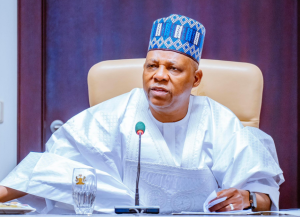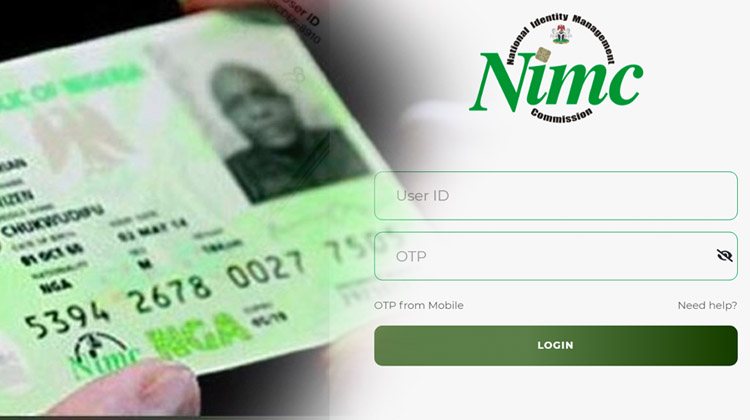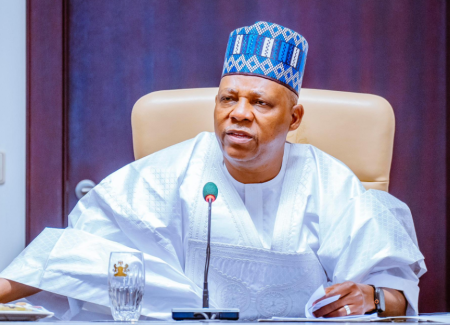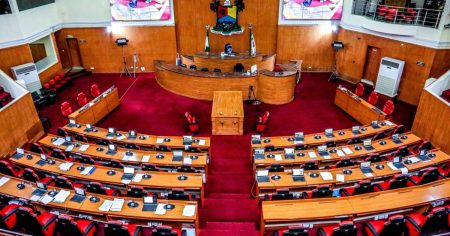The Nigerian government has reaffirmed its dedication to bolstering the national identity system, emphasizing the crucial role of the National Identity Management Commission (NIMC) in accelerating digital identity enrollment and implementing necessary reforms. This renewed commitment underscores the government’s recognition of digital identity as a foundational element for national development and efficient service delivery. The administration views the National Identification Number (NIN) as the linchpin of this system, intending to leverage it for streamlined access to social services, including targeted assistance programs for the most vulnerable segments of the population. This strategy aims to ensure that government resources reach the intended beneficiaries effectively and transparently.
This renewed focus on digital identity aligns with the government’s broader agenda of leveraging technology for improved governance and citizen engagement. The National Identification Number (NIN) is envisioned as the primary identifier for accessing a range of government services, moving beyond its current association with financial transactions and SIM card registration. By linking various social welfare programs and other services to the NIN, the government aims to enhance accountability, reduce fraud, and optimize resource allocation. This integration is crucial for creating a more efficient and equitable system of service delivery, particularly for critical social programs.
The importance of inter-agency collaboration was highlighted by the Secretary to the Government of the Federation, Senator George Akume, who stressed the need for all government entities to actively support NIMC in establishing a robust and inclusive national identity system. This call for collaboration underscores the government’s understanding that a successful digital identity ecosystem requires the coordinated efforts of various ministries and agencies. The integration of the NIN across different sectors necessitates a unified approach, ensuring seamless data sharing and interoperability between government systems. This collaborative spirit is essential for maximizing the benefits of the digital identity initiative and achieving its overarching goals.
The Nigeria Digital Identification for Development (ID4D) project, supported by the World Bank, further reinforces the government’s commitment to digital identity. This project aims to significantly expand NIN enrollment and facilitate its deeper integration with various government services. The World Bank’s involvement underscores the international recognition of the importance of digital identity for development, particularly in emerging economies like Nigeria. The ID4D project provides crucial financial and technical support, enabling Nigeria to accelerate its progress in building a comprehensive and functional digital identity ecosystem. This support is instrumental in addressing existing challenges and scaling up the NIN enrollment process nationwide.
The Ministry of Humanitarian Affairs and Poverty Reduction has also expressed strong support for the initiative, emphasizing the NIN’s role in streamlining social intervention programs. This alignment between NIMC and the humanitarian ministry signifies a crucial step towards ensuring that aid reaches the intended recipients more effectively. By utilizing the NIN as the primary identifier for social programs, the government aims to minimize leakages and improve the targeting of vulnerable populations. This collaboration will be instrumental in strengthening the effectiveness of social safety nets and ensuring that resources are utilized efficiently.
With approximately 115 million Nigerians and legal residents already enrolled and issued NINs, the country has made considerable strides in its digital identity journey. However, the government acknowledges the need for continued efforts to ensure universal coverage and seamless integration across all sectors. The ongoing inter-ministerial retreat on the ID4D project provides a platform for key stakeholders to review progress, identify challenges, and formulate strategies for optimizing the national identity system. This collaborative approach is crucial for sustaining momentum and achieving the government’s vision of a robust, inclusive, and impactful digital identity ecosystem. The ultimate goal is to empower citizens and facilitate their access to vital services, contributing to broader national development objectives.













